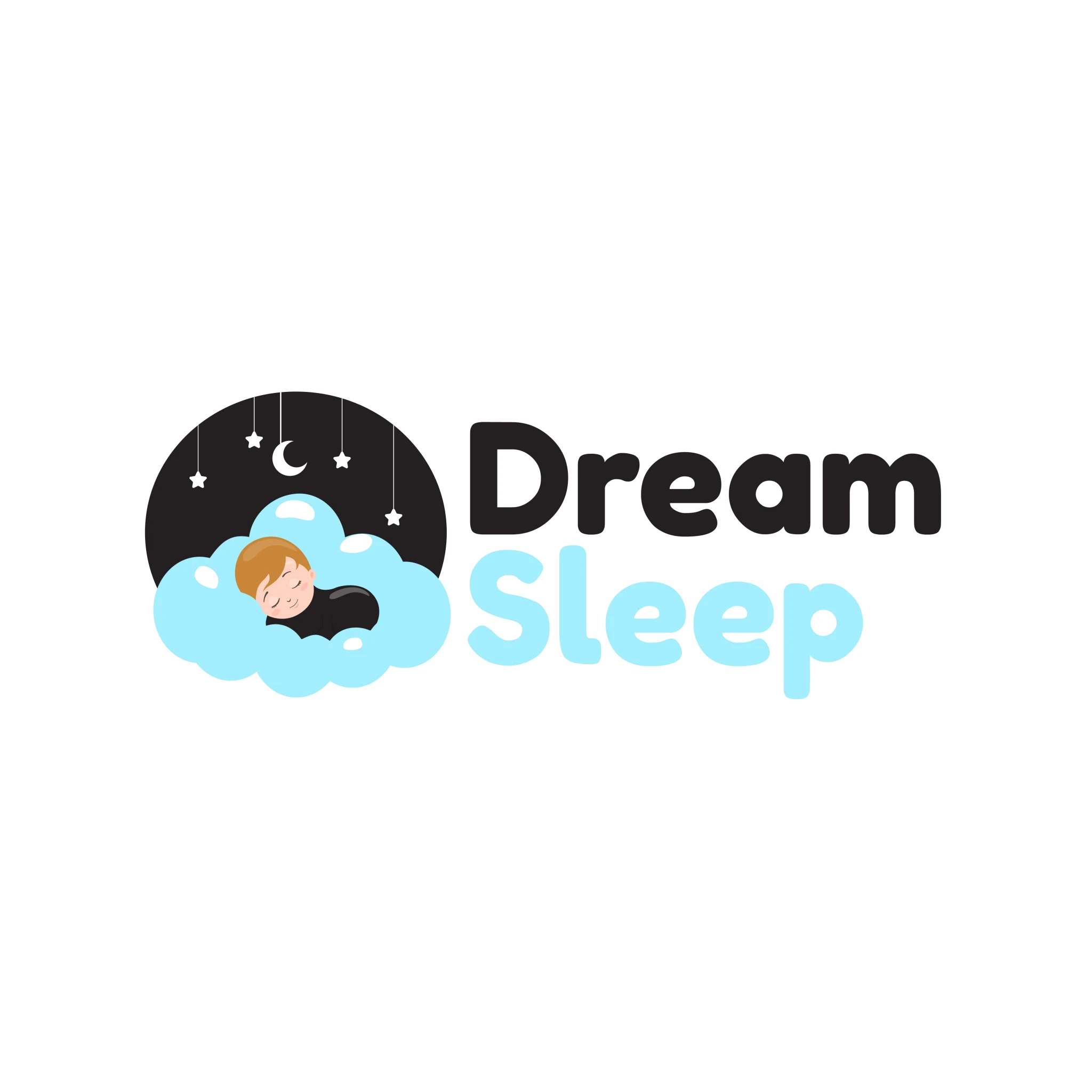Developmental milestones 0-4 months and how is affects sleep
During the first four months of life, infants go through several major developmental milestones that can impact their sleep patterns. Here are some key milestones and how they can affect sleep:
1. Developing Sleep-Wake Cycles: Newborns initially have irregular sleep-wake cycles, as they are adjusting to life outside the womb. However, by around 6-8 weeks, they start developing more predictable patterns of sleep and wakefulness.
2. Rapid Brain Development: Infants’ brains grow rapidly during the first few months. This development can lead to increased brain activity and vivid dreams, which may cause frequent awakenings during sleep.
3. Growth Spurts: Babies experience growth spurts in the early months, during which they may require more frequent feeding. These growth spurts can disrupt their sleep patterns, causing more nighttime awakenings and shorter sleep cycles.
4. Social Development: Babies begin to show increased awareness of their surroundings and engage more with their caregivers. They may become more sensitive to environmental stimuli, leading to difficulties in settling down for sleep or staying asleep when there is noise or activity around.
5. Motor Development: Around 3-4 months, infants start developing better head control and the ability to roll over. These newfound physical skills can sometimes lead to restlessness during sleep, as they may inadvertently wake themselves up while attempting to move or roll.
6. Reflexes and Startle Response: Babies have strong startle reflexes during the first few months, causing them to jerk or wake up suddenly. Swaddling can help reduce these startle movements and promote better sleep.
7. Teething: Some babies may start teething as early as 3-4 months. Teething discomfort can disrupt sleep, causing increased fussiness and nighttime awakenings.
It’s important to note that each baby is unique, and the impact of these milestones on sleep can vary. Some babies may experience minimal disruptions, while others may have more pronounced changes in sleep patterns. Establishing a consistent bedtime routine, providing a calm sleep environment, and responding to your baby’s needs with love and care can help support healthy sleep habits during these developmental stages.
During the first four months of life, infants undergo several major developmental milestones that can have an impact on their sleep patterns. Here are some of the key milestones and how they may affect sleep:
1. Sleep-Wake Cycle Development: In the early weeks, newborns have an irregular sleep pattern and spend most of their time sleeping. However, as they reach around 6-8 weeks of age, their sleep-wake cycles start to develop, and they begin to distinguish between day and night. This can lead to longer stretches of sleep during the night and more wakefulness during the day.
2. Increased Alertness and Awareness: As infants grow, they become more alert and aware of their surroundings. They may start to show more interest in their environment, leading to shorter and more frequent naps during the day. This increased alertness can also make it harder for them to settle down for sleep and may result in more frequent night awakenings.
3. Social Smiling and Interaction: Around 2-3 months, infants begin to smile in response to social interactions. They become more engaged and interested in interacting with caregivers. While this is a positive developmental milestone, it can sometimes disrupt sleep as infants may become more active and want to engage with their environment even during nighttime.
4. Increased Physical Activity: As babies grow, they develop better control of their motor skills. They may start to kick, move their arms, and roll over. These newfound physical abilities can sometimes disrupt sleep, especially if they are still learning to settle themselves back to sleep when they wake up in a different position.
5. Sleep Regression: Between 3-4 months, some infants may experience a sleep regression. This is a temporary phase where babies who were previously sleeping well may suddenly start waking up more frequently during the night or have difficulty settling down to sleep. This regression is often associated with rapid brain development, increased awareness, and a shift in sleep patterns.
During these developmental milestones, it is important to establish consistent sleep routines and create a sleep-friendly environment. Here are a few tips to support healthy sleep:
1. Establish a Consistent Bedtime Routine: Having a predictable routine before bed helps signal to the baby that it is time to wind down and sleep. A soothing routine can include activities like a warm bath, gentle massage, reading a book, or singing lullabies.
2. Create a Sleep-Friendly Environment: Ensure the sleep environment is conducive to restful sleep. Keep the room dimly lit, maintain a comfortable temperature, and use white noise or a sound machine to mask background noise.
3. Encourage Self-Soothing: Help your baby learn to self-soothe by putting them down drowsy but awake. This can assist them in developing the skills to fall asleep independently and resettle themselves during brief awakenings.
4. Daytime Stimulation: Engage your baby in age-appropriate activities during the day to help expend their energy and promote better sleep. Encourage playtime, tummy time, and interactive experiences to stimulate their development.
Remember, every baby is unique, and their sleep patterns and responses to developmental milestones can vary. It’s essential to be patient, adapt to their changing needs, and seek support from Dream Sleep OT if you have concerns about your baby’s sleep or development.
To contact Dream Sleep Occupational Therapy, email info@DreamSleepOT.com.au or visit the website.
Or Book Now
Share this:
Leave a comment
Previous Post

For the best sleep possible
Dream Sleep Occupational Therapy provides evidence-based and personalised advice to support your family’s best possible sleep
Contact Us
Open Hours
Mon-Fri: By appointment only
Saturday: Closed
Sunday: Closed
Public Holidays: Closed
WA School Holidays: Closed
Location
Maylands, Western Australia.
Telehealth, online courses and sleep guides- worldwide
All Rights Reserved 2025 Dream Sleep OT.


